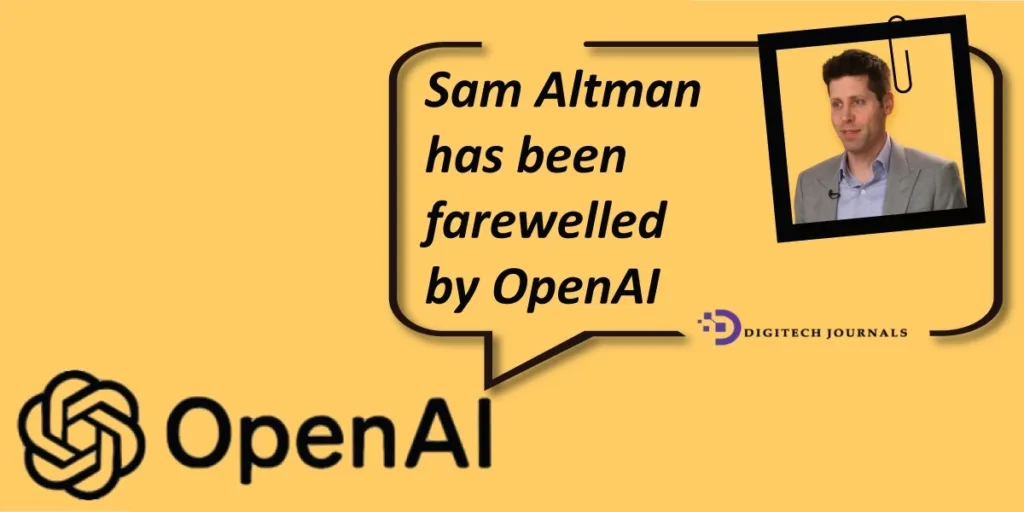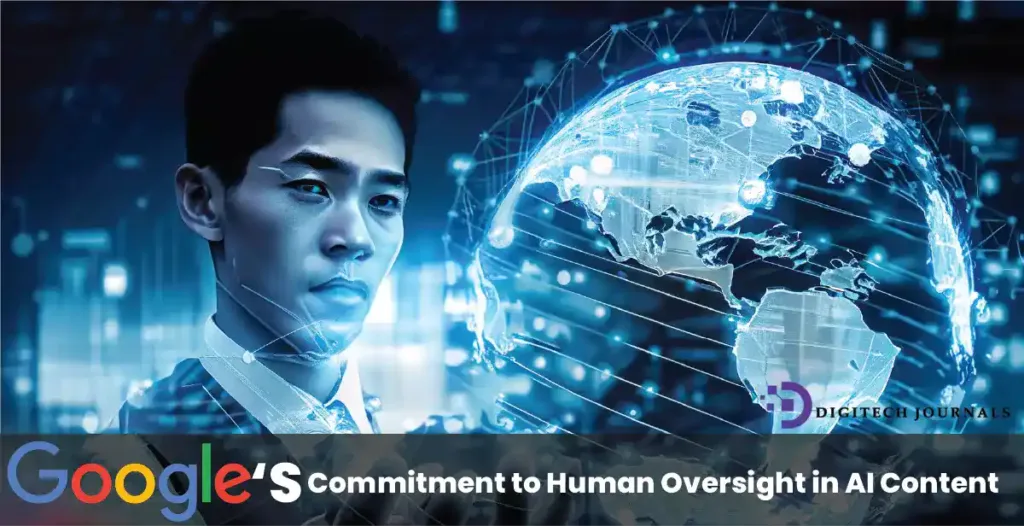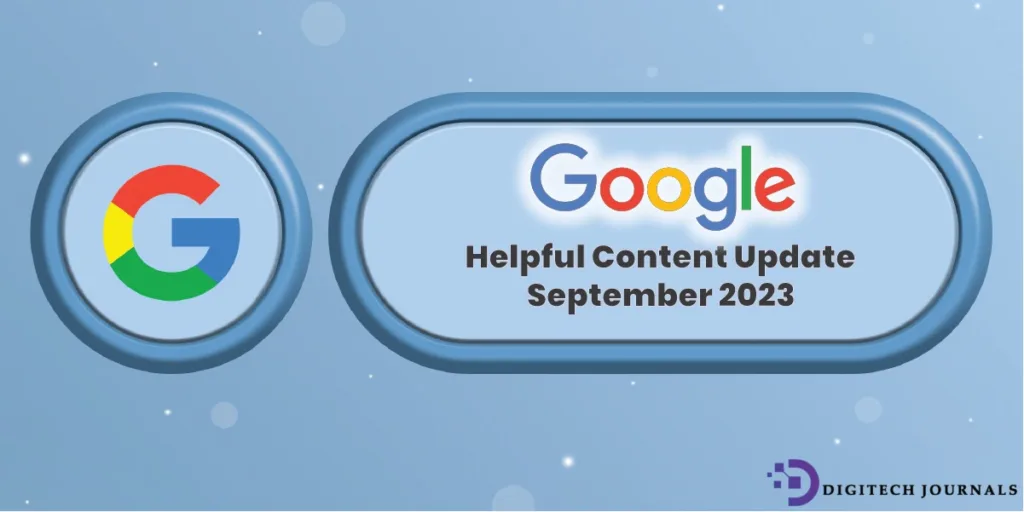In a recent twist of events, OpenAI, the visionary force behind the groundbreaking Chat GPT, has undergone a leadership shakeup that has sent ripples throughout the AI industry. The departure of its CEO and founder, Sam Altman, was disclosed on Friday, leaving many surprised and prompting discussions about the path ahead for this influential organization.

According to an official statement from OpenAI, Sam Altman’s exit follows an internal investigation that uncovered communication discrepancies with the board. The company expressed a loss of confidence in Altman’s leadership, citing challenges in the board’s responsibilities due to a lack of consistent communication.
Sam Altman, who recently took the stage as the master of ceremonies at OpenAI’s DevDay in San Francisco, shared his sentiments on Twitter, expressing his love for his time at OpenAI and teasing about revealing more about his future plans.
The Legacy of Sam Altman and OpenAI’s Achievements
Altman’s departure follows OpenAI’s DevDay, where he unveiled the latest advancements in AI tools, allowing developers to create customized versions of ChatGPT. Altman proudly announced that the platform now boasts 2 million developers and is internally utilized by 90% of Fortune 500 companies, with an impressive 100 million active users.
ChatGPT, introduced just last year, quickly became synonymous with AI, assisting CEOs in drafting emails, enabling individuals to build websites without coding experience, and even aiding in passing exams from prestigious law and business schools.
Sam Altman’s Dual Role: Advocate and Critic of AI
While Sam Altman has been a vocal advocate for AI, testifying before Congress and meeting with leaders like Vice President Kamala Harris and President Joe Biden, he has also been a critical voice within the industry. In a recent congressional testimony, Altman compared the current AI boom to a pivotal moment, questioning whether it would be a force for empowerment or a potential threat akin to the atom bomb.
Industry Reactions and Speculations
Sam Altman’s sudden departure has sent shockwaves through the AI community, with analysts and tech executives expressing surprise. Microsoft, a major investor in OpenAI, affirmed its commitment to the company despite Altman’s exit, but not without consequences, as its stock price slid.
Former Google CEO Eric Schmidt praised Sam Altman as a hero, highlighting his significant contributions to building OpenAI into a $90 billion entity. However, industry analysts, like Reece Hayden from ABI Research, speculate that Altman’s exit might impact the push for AI regulation, signaling a potential shift toward a more self-regulatory approach by OpenAI.
Leadership Transition and Future Outlook
In response to Altman’s departure, Mira Murati, OpenAI’s Chief Technology Officer, has been appointed as the interim CEO. Murati, an engineering graduate from Dartmouth, has been with OpenAI since 2018 and previously held positions at augmented reality company Ultraleap and Tesla, where she contributed to the development of the Model X.
OpenAI’s board expressed confidence in Murati’s ability to lead during this transition period and reiterated their commitment to advancing the mission of ensuring that artificial general intelligence benefits humanity.
Unraveling Board Dynamics and Corporate Governance
The unexpected shakeup at OpenAI raises questions about Sam Altman’s potential missteps, particularly in relation to the company’s unique board makeup and corporate governance structure. OpenAI, initially founded as a nonprofit in 2015, restructured in 2019 as a “capped-profit” company to secure capital for the high costs associated with training cutting-edge AI systems.
Microsoft, a significant investor in OpenAI, holds a substantial stake in the company. Altman’s departure coincided with a drop in Microsoft’s stock price, highlighting the interconnected nature of these tech giants.
The Road Ahead for OpenAI
As OpenAI begins its search for a permanent CEO, the company finds itself at a crucial juncture. The board, which now includes key figures such as Ilya Sutskever, Adam D’Angelo, Tasha McCauley, and Helen Toner, remains committed to achieving artificial general intelligence while acknowledging the need for new leadership.
The future developments at OpenAI will undoubtedly be closely monitored by the tech industry, regulators, and the broader public. As the AI landscape continues to evolve, the departure of Sam Altman marks a significant moment in the history of OpenAI, leaving the door open for new leadership and potential strategic shifts.
Sam Altman’s exit has not only piqued the interest of those within the industry; it has also sparked broader inquiries into the future course of OpenAI and its commitment to the responsible advancement of AI technology. The upcoming months will unveil how OpenAI manages this transition and its ability to sustain its pioneering role in the AI landscape.



